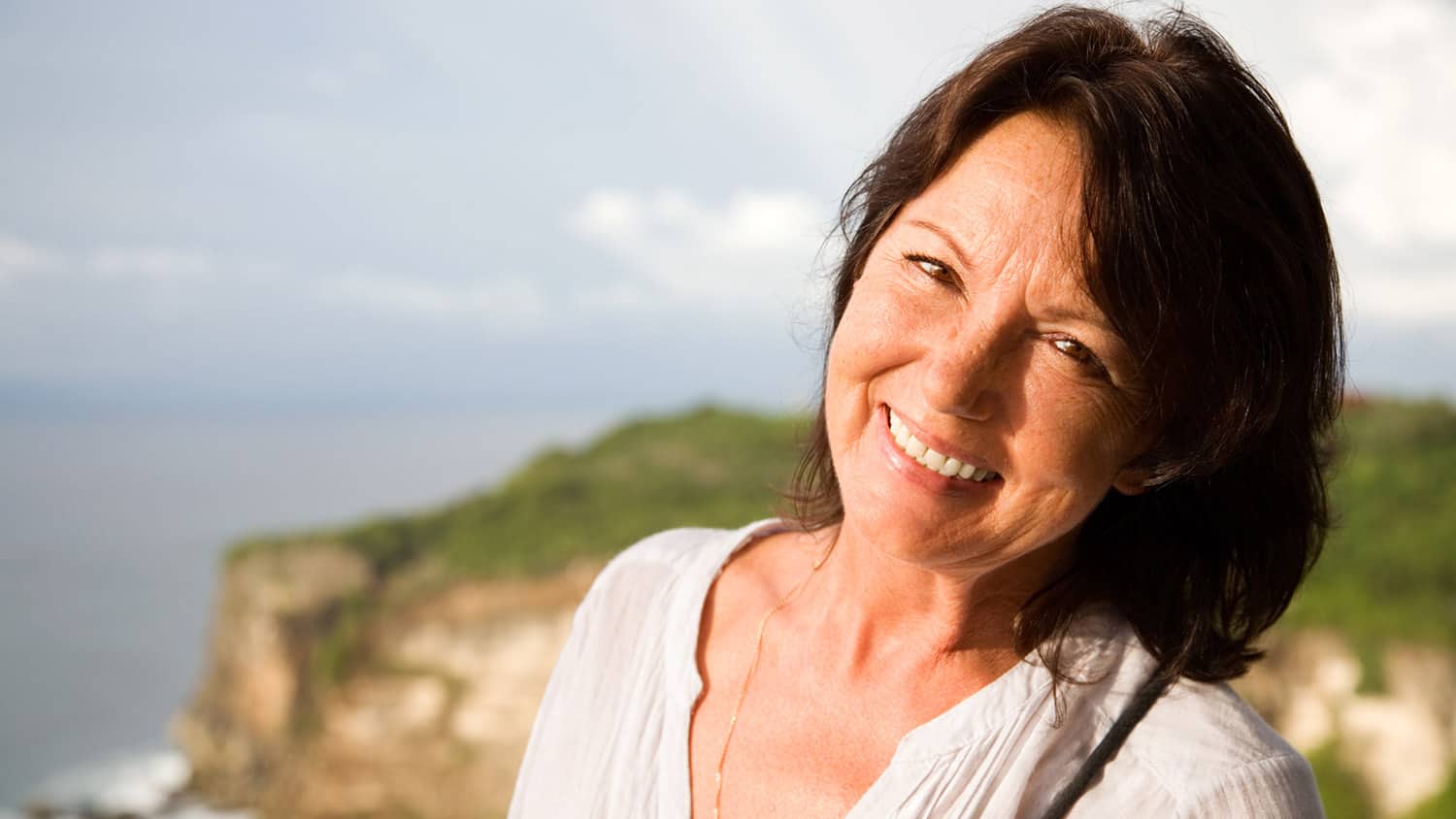
The Art of Semi-Retirement Overseas – Combining Fun in the Sun with Productive Work
As we reach our 60s, many of us are asking “what’s next for me?” It’s a great question! Unfortunately, it’s also incredibly broad. It represents the general feeling of angst that many of us feel about the future, but, it isn’t terribly actionable.
The good news is that this question is easier to handle if you break it down into pieces. When we ask the question “What’s next?” we are really asking the following specific questions.
What passions do I want to explore in retirement?
How will I find meaning in my 60s and beyond?
What kind of people do I want in my life and where can I find them?
How will I support myself financially now that my life is shifting?
What location will offer me the best opportunities to fulfill all of my dreams?
This last question is especially important because the place that we live impacts every other aspect of our lives. Where we choose to retire will impact our ability to make money, find new friends and pursue our passions.
Is Semi-Retirement Overseas an Option?
Since this is such an important question, I decided to interview overseas retirement expert, Kathleen Peddicord. Kathleen is the founder of Live and Invest Overseas. Over the last 30 years, she has helped men and women of all ages to find their dream property overseas, so, she is in a unique position to help.
I hope that you enjoy my latest interview with Kathleen Peddicord. Please take a look and then join the conversation at the end of this article.
Here is a summary of the advice that Kathleen provided on semi-retirement overseas.
Be Honest with Yourself About Your Budget
Once upon a time, only the rich and famous could afford to retire overseas. Now, as Kathleen explains, you don’t need to be a millionaire to move to another country. In fact, if you are careful, you may be able to decrease your monthly expenses, while improving your quality of life by relocating overseas.
Kathleen’s first piece of advice is to be honest with yourself about your income. Take the time to write down all of your sources of income and your current costs. The good news is that it is still possible to live well in Asia or Latin America for as low as $1000 a month. So, don’t despair if you find yourself with limited financial assets.
Next, you can use Kathleen’s website to review your living options. She has people on the ground in 21 countries. These people keep an eye on local prices, so, that you can get an honest idea of what it would cost to retire in each country.
Being honest with yourself about your financial situation is actually quite freeing. Once you have a good idea of your monthly income and expenses, you will be in a position to make tradeoffs about where and how to live. Do you really need a big house? Or would you be just as happy in an apartment? Do you really need to be right on the beach? Or, would a home 200 feet from the ocean be ok?
This really is a case of “information is power.”
Learn How to Make Money in Retirement
Based on her 30 years of experience, Kathleen says that it will be extremely difficult to find a traditional job in most countries – unless you have a very specific skill set. It is sometimes possible to teach English in South East Asia or Latin America, but, even this option is competitive.
The good news is that there are more opportunities than ever to build an online business or to work as a freelancer. For example, you may want to check our Upwork, or Retired Brains. You can also watch my interview with professional writer, Ben Gran, on how to work as a freelancer in retirement.
Of course, to run an online business, you will need to have reliable Internet access, which can be challenging to find in many countries. This is why Kathleen says that it’s important to ask about Internet access before moving to a new country. She explains that in developed cities, like Panama City or Chiang Mai (Thailand), the Internet is acceptable. The farther you get from the big cities in your chosen country, the less reliable the Internet will become.
The following Wikipedia page is a good place to start if you want to see how fast the Internet is in your chosen country. That said, as always, there is no substitute for living in a country if you want to get the complete story.
Decide How Local Do You Want To Be
One of the most important questions that you will need to answer before retiring overseas is “how local do I want to be?” In many countries, it is possible to rent an apartment for just a few hundred dollars a month. Renting a villa in an expat village might cost 10 times more. As yourself the following questions to get an idea of your comfort level:
Are you willing to take local buses instead of taxis to get around?
Do you feel comfortable shopping in the local supermarket instead of eating out?
Are you ok living around locals? Or do you feel safer in an expat area?
If you are thinking about retiring (or semi-retiring) overseas, it’s natural to feel a bit apprehensive. You may worry about missing your friends and family back home. You are probably also concerned about your safety and ability to live comfortably in a completely different environment.
The best antidote to both of these fears is to “try before you buy.” Kathleen is a big believer in living in a country for several months before relocating.
I couldn’t agree more!
I hope that you enjoyed this interview. Please feel free to add your questions for Kathleen in the comments section below.
Have you retired to another country? What was your experience? What questions to you have for Kathleen about retiring overseas?
Tags Retirement Planning






